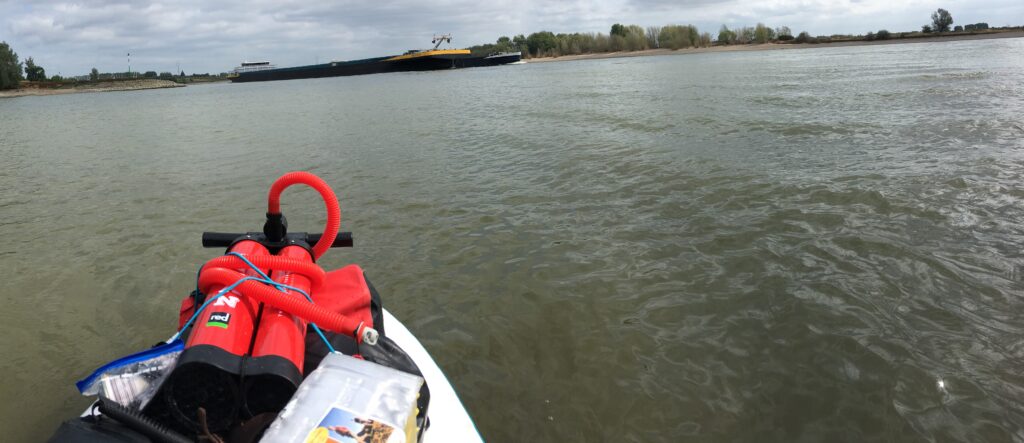Niels Feddersen completed his PhD focused on destructive cultures in elite sport at Liverpool John Moores University. At the moment, he is a postdoctoral researcher at the Norwegian University of Science and Technology (NTNU) and is working on a project on nature-based activities as a well-being intervention for people with depression and anxiety. He visited the Meaningful Sport podcast to share insights from these very different projects.
We got to know each other with Niels at Liverpool John Moores University back in 2017 and I was excited to follow how his PhD work evolved. Niels focused on understanding talent development and organisational culture in elite sport and conducted extensive fieldwork in a sport organisation that was undergoing turbulent times.
We also had several interesting conversations over culture, meaning in sport and other things while we were colleagues and collaborated on an exciting project on craftsmanship and meaningfulness in sport (which I discuss in a previous podcast episode).
Now that Niels has completed his PhD work and has some distance to reflect on it, I was excited to hear his thoughts on the work he had done, as well as his reflections on meaningful work in sport organisations. This was the focus of the first half of our conversation.
If organisational culture is centrally about meanings that people negotiate in their communities of practice, how should we think of culture change and dysfunctional or even ‘destructive’ cultures in the world of elite sport? Niels shares his observations from the fieldwork he conducted and how a destructive culture was perpetuated in one sports organisation in the UK. He also shares insights on how the conflicts were resolved and lessons learned from the research.
Part 1 here:
Related to the Part 1, Niels and his team have published several articles. Most relevant to our conversation include:
The emergence and perpetuation of a destructive culture in an elite sport in the United Kingdom
A Longitudinal Study of Power Relations in a British Olympic Sport Organization
In the second part of the conversation, we switched to a very different topic and started exploring the current work Niels is doing, which also deeply resonates with his personal life. That is, we discuss how nature-based activities can help people in sustaining and improving well-being. Niels also talks about the importance of these activities for him in different times of his life and about some of his adventures on the paddleboard.

As Niels puts it, studying organisational cultures is interesting, but if he has to select which project is most meaningful for him, then the work on nature-based recreation, mental health and well-being is the one on the top.
As we discuss, it can seem paradoxical that the Nordic countries often rank on the top of world happiness surveys, but at the same time many people experience depression and other forms of mental ill-being. How can we understand this trend and is there perhaps some ‘toxic positivity’ in the Nordic countries where everything is supposed to be great?
As a curiosity and related to the discussion, researchers have found that residents in wealthier nations experience higher life satisfaction but lower life meaning compared to poorer nations.
Niels also shares details about his current research project that examines a Stand Up Paddleboard and Surfing lifestyle intervention on mental health (stress, anxiety, and depression) meaning in sport, connectedness to nature, and mental wellbeing (thriving).
Part 2 here:
You can find more information about the “Fri på Vandet” project on ResearchGate. As one collaborator in the fantastic team, I am looking forward to seeing where we get with the project.
You can follow Niels on Twitter @niels_NTNU